Combining AI and Digital Marketing: A Beginner’s Guide
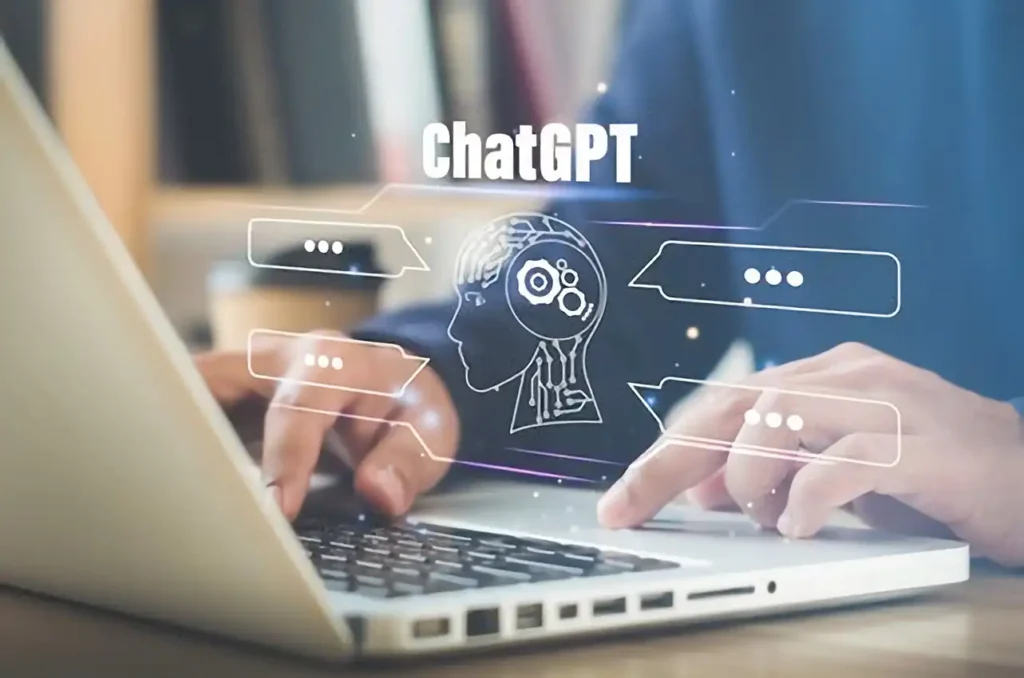
Introduction
In an era where consumer behavior shifts in the blink of an eye, combining Artificial Intelligence (AI) with digital marketing is no longer optional—it’s essential. Consequently, marketers who embrace this synergy gain a competitive edge by automating repetitive tasks, personalizing customer journeys, and making data-driven decisions. In this beginner’s guide, you will learn what AI brings to the table, why it matters, and how to get started—step by step.
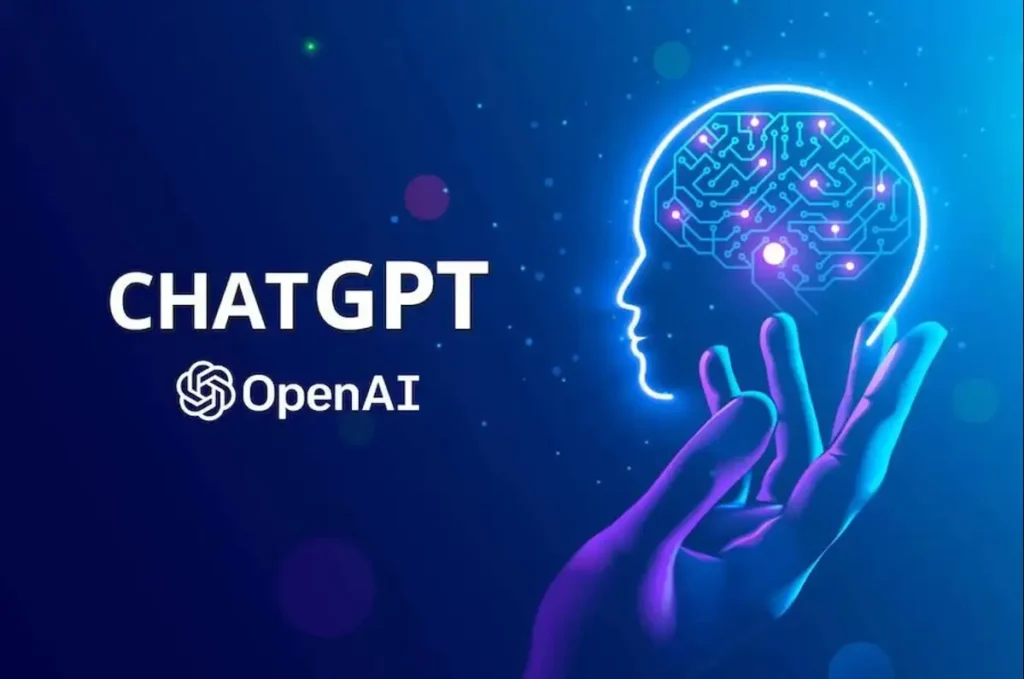
What Is AI in Digital Marketing?
First and foremost, AI refers to computer systems that can perform tasks requiring human-like intelligence, such as learning, reasoning, and problem-solving. In digital marketing, AI powers:
Data Analysis: Processing large volumes of customer data in real time.
Predictive Modeling: Anticipating customer behavior and preferences.
Natural Language Processing (NLP): Understanding and generating human language.
Automation: Handling routine tasks without human intervention.
By contrast, traditional marketing tools follow static rules. In addition, AI continually refines its outputs, enabling smarter strategies over time.
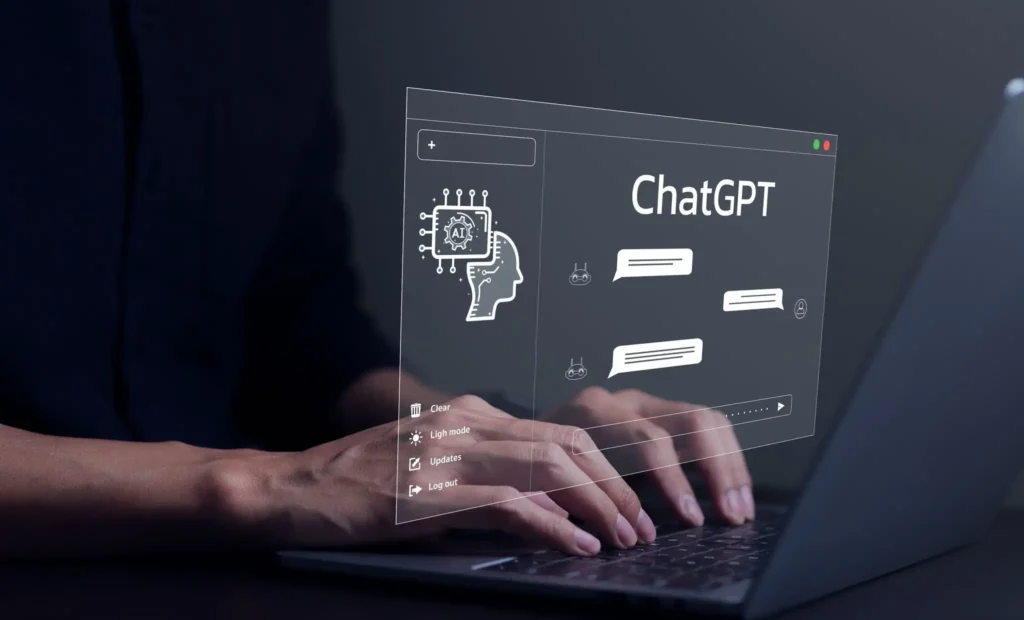
Why Combine AI and Digital Marketing?
Integrating AI into your marketing strategy yields several key advantages:
Enhanced Targeting
AI segments audiences based on behavior patterns and demographics.
Consequently, you deliver the right message to the right person at the right time.
Deep Personalization
AI tools tailor content, recommendations, and offers for each user.
Moreover, personalized experiences drive higher engagement and conversion rates.
Improved Efficiency
Routine tasks—such as email scheduling, reporting, and social posting—are automated.
Therefore, your team can focus on creative and strategic work.
Data‑Backed Decisions
AI turns raw data into actionable insights.
As a result, you optimize campaigns based on real performance metrics.
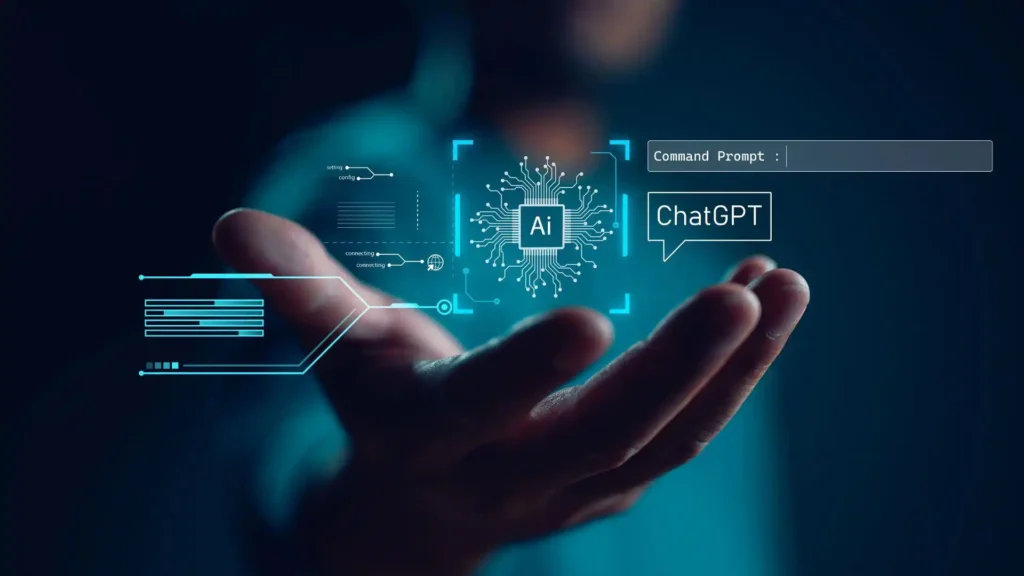
Key Applications of AI in Digital Marketing
1. Content Generation and Optimization
AI Writers: Tools like ChatGPT draft blog posts, social updates, and ad copy.
SEO Enhancement: AI suggests keywords and meta descriptions for better search rankings.
2. Chatbots and Virtual Assistants
24/7 Support: Chatbots answer FAQs instantly, reducing response times.
Lead Qualification: AI bots ask qualifying questions before handing off to sales teams.
3. Email Marketing Automation
Smart Send Times: AI analyzes past open rates to pick the optimal send window.
Dynamic Content: Emails adjust headlines, images, and offers based on recipient behavior.
4. Social Media Insights
Content Recommendations: AI identifies which topics resonate most with your audience.
Performance Tracking: Automated dashboards track likes, shares, and comments in real time.
5. Predictive Analytics
- Sales Forecasting: AI predicts which leads are most likely to convert.
- Churn Reduction: Early warning signals help you re‑engage at‑risk customers.
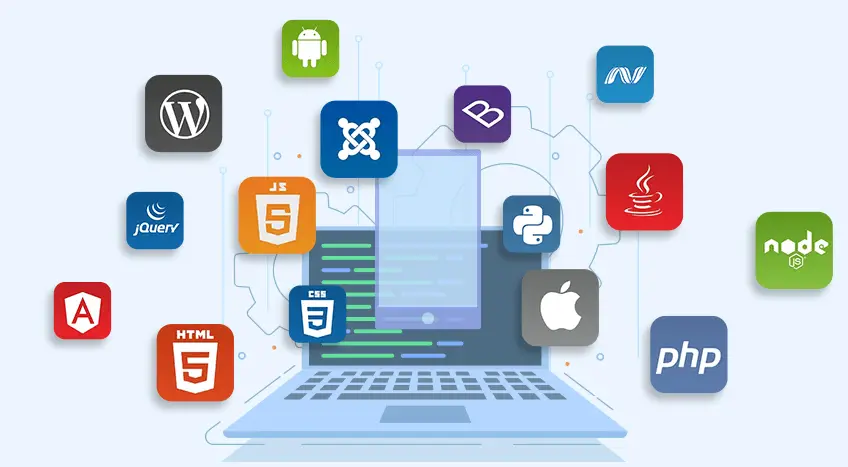
How to Get Started: A Step‑by‑Step Roadmap
Even if you’re new to AI, you can begin integrating it into your digital marketing strategy right away:
Define Clear Objectives
First, determine what you want to achieve—higher engagement, more sales, or better retention.
Choose Beginner‑Friendly Tools
Run Small‑Scale Experiments
Start with a single campaign, such as an AI‑generated email series.
Then, measure results and compare them against your typical performance.
Analyze and Optimize
In addition, review the analytics to see what worked and what didn’t.
Consequently, iterate on your approach, scaling up successful tactics.
Scale Gradually
As confidence grows, expand AI to more channels—social ads, chatbots, and beyond.
Best Practices and Pitfalls to Avoid
ChatGPT is revolutionizing the digital marketing landscape by streamlining content creation an
While AI offers tremendous potential, bear in mind the following:
Maintain a Human Touch
AI should assist, not replace, human creativity and empathy.
Therefore, always review automated content for brand voice and accuracy.
Respect Privacy and Compliance
Be transparent about data collection and usage.
Moreover, ensure you comply with GDPR, CCPA, and other regulations.
Avoid “Set and Forget”
AI models require regular updates and retraining.
Otherwise, their recommendations can become outdated.
d opening up new avenues for creativity. With practical strategies and the right tools in place, businesses can harness the power of ChatGPT content creation to produce engaging, SEO-friendly content efficiently. Embrace this technology to stay ahead in the competitive world of digital marketing, and continuously refine your approach by learning from your audience’s feedback. Start integrating ChatGPT into your content process today and watch your digital presence flourish.
Conclusion
To sum up, combining AI and digital marketing empowers you to deliver smarter, more personalized experiences at scale. Moreover, by automating repetitive tasks and leveraging data insights, you free your team to focus on high‑value activities. Although the learning curve can feel steep, starting small—defining objectives, choosing the right tools, and running experiments—will set you on the path to success.
Ultimately, as technology continues to evolve, marketers who embrace AI today will lead the conversations of tomorrow. So, take the first step: pick one area, test an AI tool, and watch your digital marketing soar.